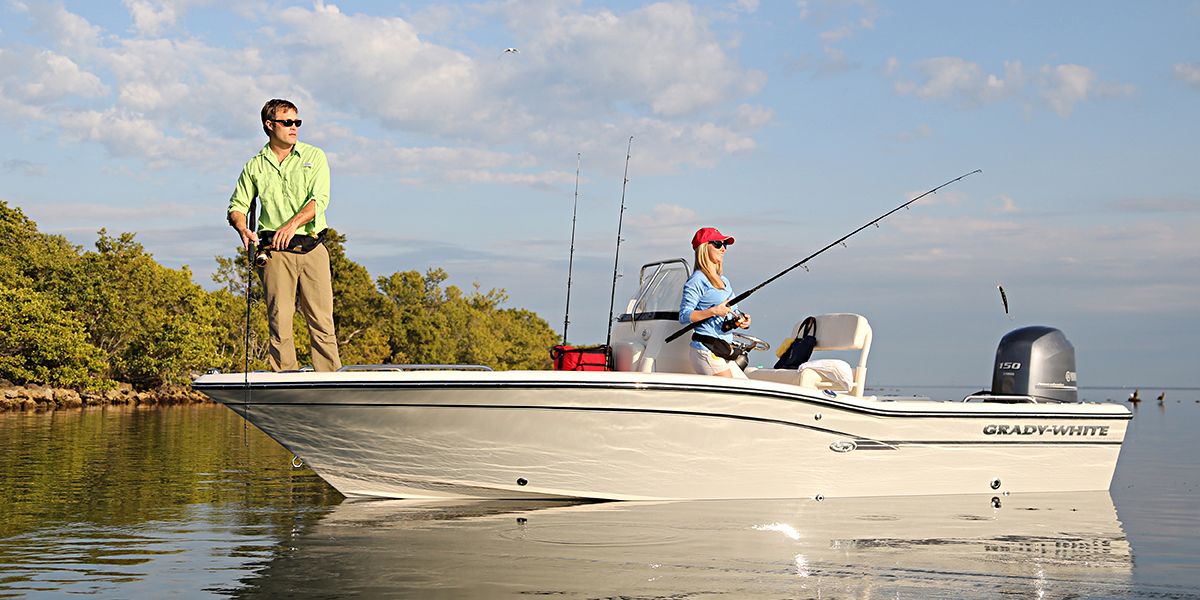All Articles
Boat Handling & Seamanship
Enjoying Your Day, Comfortably
Maintenance
Fishing
Dining Aboard
Trailering
Personal Touches
Performance & Efficiency
Ports of Call & Places to Anchor
All Years
2025
2024
2023
2022
2021
2020
2019
2018
2017
2016
2015
Buying Boat Insurance: The Fine Print
Compliments of BoatUS
As boat owners prep for the season, it’s time to dust off the insurance policy and grab a magnifying glass to read the fine print. Unlike auto or homeowner’s insurance, recreational boat insurance has distinct coverages that can perplex and leave boaters scratching their head. What do you need to know? Boat Owners Association of The United States (BoatUS) takes a look at the fine print on six of the most important coverages.
The consequential damage fine print: Consequential damage coverage often applies only to specific types of losses, for example, the immediate consequential damage resulting from any fire, explosion, sinking, demasting, collision or stranding. If your boat sinks due to a rusted, compromised through-hull fitting, this is consequential damage. If a loss is caused by clear-cut lack of maintenance, the insurer can deny a claim. It is best to be very diligent and responsible with regular maintenance and keep records to avoid this occurrence.
The fuel-spill liability fine print: In addition to your policy’s standard liability coverage for physical damage or bodily injury to a third party, fuel-spill liability protects you from claims for cleanup or third party damage to the accidental discharge of oil or fuel that can occur in a sinking, fire, collision, or grounding. Some policies only pay the costs associated with a fuel spill up to the policy’s set limit of boating liability coverage. A better policy separates out fuel-spill liability and provides coverage up to the maximum amount you can be held liable for under federal law, which today is a whopping $939,800.
The on water towing fine print: Many boat insurance policies today offer some kind of on water towing endorsement that provides a level of towing and assistance for routine breakdowns or soft ungroundings. Know how you will be able to use that coverage: Who provides the service and do they have 24-hour dispatch service to call for assistance? At what locations in the country will you have to pay for a tow out of pocket and be reimbursed? Having a separate on water towing membership plan can be a better bet as it can offer greater service levels, coverage options, direct billing so you can leave your credit card in your wallet, and priority towboat service on busy Saturday afternoons and evenings.
The salvage coverage fine print: When fires, sinkings, shed roof collapses or running up on a shoal damages your boat, you end up with a “salvage” situation. If the boat is not a total loss and needs to be recovered and brought to a repair facility, costs can escalate quickly. Most boaters assume the cost of raising or moving the boat to safe location is covered by their policy, but some marine insurers will subtract salvage costs from the insured value of the boat, reducing the funds available to repair the boat or the amount paid in the event of a total loss. Also in case of a total loss, you may receive a check for the boat’s insured value but only a small percentage of the insured value, just 5 or 10%, to pay for salvage costs, which may not cover the bill. That leaves your wallet short and you managing a potentially complex task. Better policies don’t let you go it alone, and provide salvage coverage that is separate, but equal to the boat’s hull value coverage.
The boat trailer fine print: Not all boat insurance policies automatically provide boat trailer coverage so be sure to check, and also find out if there are geographic limits on where you may trailer the boat. Note that if you have an accident while towing, it is your boat policy that pays to repair or replace the trailer, but any third-party damage your trailer causes to property or injuries to people is covered under your auto policy.
The liability-only boat policy fine print: If you opt for a liability only policy make sure that it provides not only coverage for property damage and bodily injury to others, but that it also provides coverage for salvage and removal of wreck, and that a separate coverage is available for fuel spill incidents.
Need some help? The marine insurance specialists at BoatUS can help you review your current policy by calling 800-283-2883 and also offers free quotes at BoatUS.com/insurance.
